“There are few things in the world as dangerous as sleepwalkers.” — Ralph Ellison
After my dad passed away, I didn’t just lose him. I lost parts of myself.
I didn’t know how to handle the pain, so I did what many leaders do — I numbed it. I buried myself in work. I stayed busy. I kept achieving. And on the outside, it looked like I was thriving. But on the inside, I was sleepwalking through my relationships and my life.
Here’s what I’ve learned since: when leaders stop feeling, they stop seeing. And when they stop seeing, they stop caring.
When leaders disconnect from their own emotions, they stop noticing what’s really happening around them — the tension in the room, the disengagement in their team, the needs right in front of them. And when they stop seeing people, they start focusing only on the work instead of how the work gets done. That’s the moment trust begins to erode. Because you can’t influence, inspire, or take people with you on the journey if you’re emotionally checked out.
The Human Truth
Leaders who lack emotional intelligence aren’t bad people. They’re just emotionally disconnected. They might call it professionalism, but it’s really self-protection.
Many organizations reward results over reflection and celebrate productivity over presence. But performance without connection always has an expiration date.
Redefining Emotional Intelligence
Most people define emotional intelligence as the ability to understand and manage your emotions and recognize and influence the emotions of others.
I define it differently: emotional intelligence is using emotions to build trust and move the relationship forward.
If you’re not building trust with how you show up, it’s not emotional intelligence.
David Caruso said it best: “Emotional intelligence isn’t the triumph of heart over head. It’s the unique intersection of both.”
That’s why I love the EQ-i 2.0 assessment. It breaks emotional intelligence into 15 measurable subscales — things like self-regard, empathy, impulse control, optimism, and interpersonal relationships. It’s not vague. It’s actionable. And it shows how one area of EQ impacts another.
For example, you might be low in self-confidence but high in empathy because you’re always taking care of everyone else. That imbalance can lower your optimism and leave you exhausted. Understanding these relationships gives you a roadmap for how to lead yourself — and others — better.
How to Lead with Emotional Intelligence
Below are four actions you can practice this week to lead with emotional intelligence, build trust, and create spaces people actually want to keep coming back to.
1. Name What You Feel Before You Speak
Emotional intelligence starts with awareness. Leaders who can’t name their emotions are ruled by them.
Most people only recognize three emotions: happy, mad, and frustrated. But there’s an entire emotional vocabulary beyond that. That’s why I ask my clients to use the emotions wheel and check in with themselves three times a day.
Ask yourself:
What am I really feeling right now? Why am I feeling it?
Research shows that when you can name the emotion, you take back control so it doesn’t hijack you. Emotionally intelligent leaders don’t suppress emotion — they decode it.
2. Speak Up — Even Before You Feel Ready
Self-regard, or self-confidence, is the anchor of emotional intelligence. It impacts every other EQ element.
When your confidence is low, your voice usually goes with it. You tell yourself you’ll speak up once you feel confident — but that’s not how it works.
You build confidence by using your voice.
Speak up in meetings. Ask for what you want. Express how you feel. Set a boundary when something doesn’t sit right. The more you use your voice, the more you start to believe it matters.
When you honor your voice, you stop shrinking and start being seen. You stop waiting for someone else to validate you and start trusting yourself again. That’s the real work.
3. Build Mutually Beneficial Relationships
The EQ-i 2.0 defines interpersonal relationships as “mutually beneficial.” That means both people win — both feel seen, valued, and supported.
Emotionally intelligent leaders invest in relationships every day. They show empathy when others are struggling. They celebrate people when they shine. They talk positively about them in rooms they’re not in. They ask for their input and genuinely care about their lives outside of work.
Trust doesn’t grow in grand gestures. It grows in the micro-moments — the consistent emotional deposits that say, you matter to me.
4. Choose Optimism Over Cynicism
Optimism isn’t pretending everything’s fine. It’s being able to hold two truths at once.
My mom has Alzheimer’s, and it breaks my heart. But I’m also deeply grateful that I still have time to create memories with her. Both can be true.
Optimism is grounded in reality. It’s choosing to look for what’s still good, even when life feels heavy. As Alan Cohen said, “Use pain as a stepping stone, not a campground.”
The most emotionally intelligent leaders don’t deny pain. They acknowledge it, learn from it, and find meaning inside it. That’s why they inspire others — they help people see hope without ignoring the hard stuff.
3 Sayings Emotionally Intelligent Leaders Must Avoid
These common phrases might sound harmless, but they shut down emotional truth, damage trust, and destroy psychological safety.
1. “Don’t take it personally.”
This invalidates the real emotional experience behind the moment. When someone’s effort or identity is on the line, of course it feels personal.
👉 Try instead: “I know this might feel personal — let’s talk through what’s behind it.”
2. “Good vibes only.”
Toxic positivity silences real concerns. Emotionally intelligent leaders make space for the full range of human emotion — not just the pleasant ones.
👉 Try instead: “Let’s be real — what’s actually going on beneath the surface?”
3. “Keep emotions out of it.”
Emotion is data. Suppressing it disconnects teams from motivation, empathy, and clarity. Leadership isn’t about being stoic — it’s about being self-aware.
👉 Try instead: “Let’s surface the emotions here so we can move forward clearly.”
The Shift
Emotional intelligence isn’t soft — it’s strategic.
Research from Harvard Business Review shows that leaders with higher emotional intelligence create stronger engagement, lower turnover, and higher trust across teams.
It’s not about being nice. It’s about being effective. Because trust, not toughness, drives performance.
The Wake-Up Call
Ralph Ellison was right. There’s nothing more dangerous than sleepwalking through life.
Leaders who ignore emotion aren’t leading — they’re just managing.
So wake up. Feel something. Name it. Speak it. Share it. Choose hope, even when it’s hard.
That’s how you build trust that moves people — and that’s what real emotional intelligence looks like.
If you’re ready to understand your own emotional blueprint, reach out to schedule your EQ-i 2.0 assessment and 90-minute coaching debrief to create a clear plan for how to grow your impact at work and in life.
WATCH JUSTIN: KEYNOTE SPEAKER ON TRUST
Justin Patton is a trust keynote speaker, leadership coach, and founder of The Trust Architect Group. Through his trademark motto Trust Starts Here™, Justin helps leaders build trust in themselves, with others, and across their culture — so they keep people coming back for more. Learn more at justinpatton.com.

